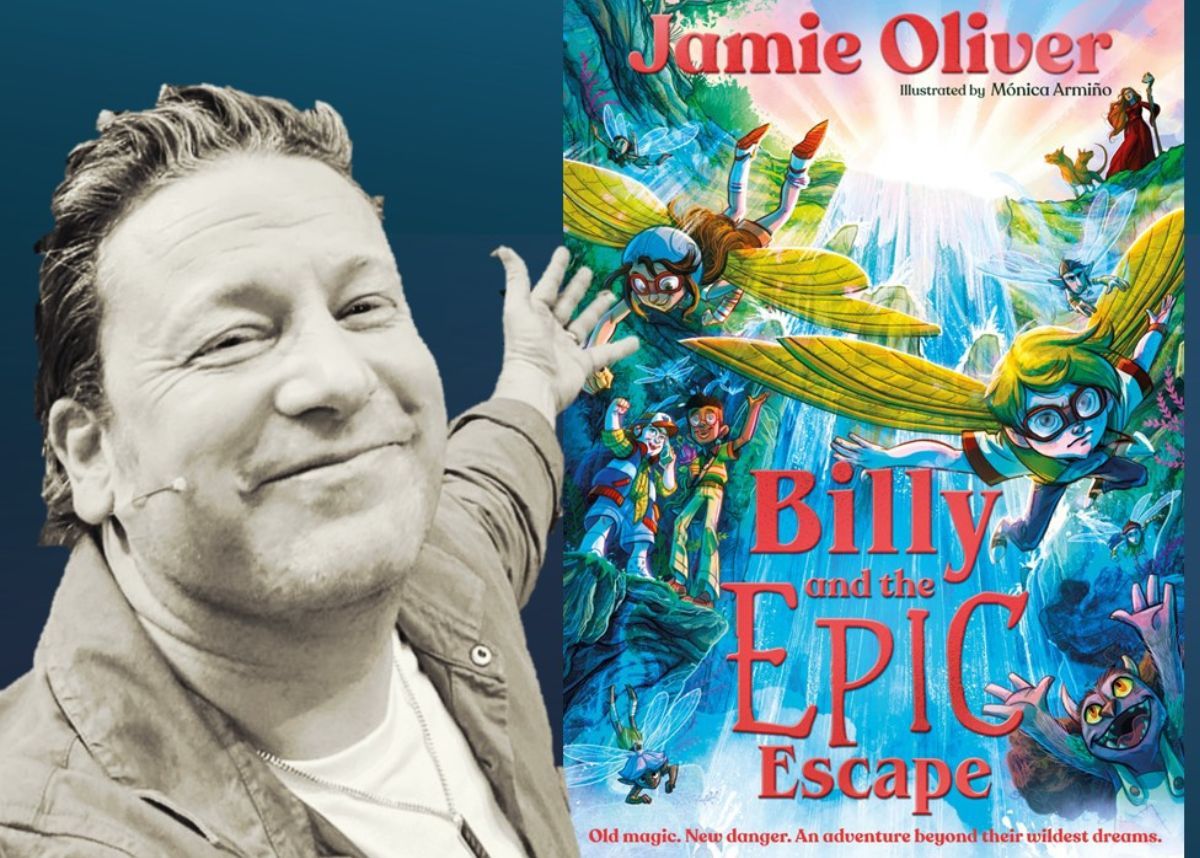The popular British chef and television personality Jamie Oliver’s children’s book Billy and the Epic Escape caused a stir among native Australians who took offence to some of the content. Subsequently, the publisher had to pull it from the market.
What is the book about?
Jamie Oliver’s children’s book, a humorous fantasy novel, tells a fictional story of a group of friends on an adventure.
The plot revolves around a First Nations Australian girl, Ruby, who is in foster care in an indigenous community near Alice Springs. The novel’s villain, a wicked woman with supernatural powers, kidnaps the girl. The woman specifically wants an Australian indigenous child because she believes they are more connected with nature.
Ruby tells other children that she can read people’s minds and communicate with animals and plants as part of her indigenous ways.
How did the book offend indigenous people?
The National Aboriginal and Torres Strait Islander Education Corporation has described Oliver’s book as damaging and disrespectful. It furthermore accused the celebrity of contributing to the ‘erasure, trivialisation, and stereotyping of First Nations peoples and experiences’. Subsequently, the corporation requested that the chef withdraws the book from sale.
The body’s chief executive, Sharon Davis, said the book perpetuated harmful stereotypes, trivialised complex and painful histories and ‘ignores the violent oppression of First Nations people, raising serious concerns about the cultural safety of First Nations readers – especially young people’.
Davis said cultural errors in Jamie Oliver’s children’s book showed ‘complete disregard for the vast differences among First Nations languages, cultures, and practices’. She also commented on how the book reduces First Nations beliefs and spirituality to magic, according to The Guardian.
Oliver ‘devastated’ for causing offence
CNN reported that Oliver, 49, said he was ‘devastated’ to have caused offence to First Nations people and apologised.
‘It was never my intention to misinterpret this deeply painful issue,’ he said. ‘Together with my publishers we have decided to withdraw the book from sale.’
Publisher apologises and takes responsibility
The publisher, Penguin Random House UK, has admitted that consultations – or what the publisher calls ‘an authenticity read of the work’ – with indigenous organisations, communities or individuals did not take place even though it should have. This was due to an editorial oversight and therefore the publisher issued a statement with an apology.
“It was our editorial oversight that this did not happen. It should have and the author asked for one and we apologise unreservedly.”
Penguin Random House UK
What steps should authors or publishers take to ensure that indigenous groups are not offended by books’ content?
Let us know by clicking on the comment tab below this article.
You can also email info@thesouthafrican.com or send a WhatsApp to 060 011 021 1.
Follow @TheSAnews on X and The South African on Facebook for the latest news.
